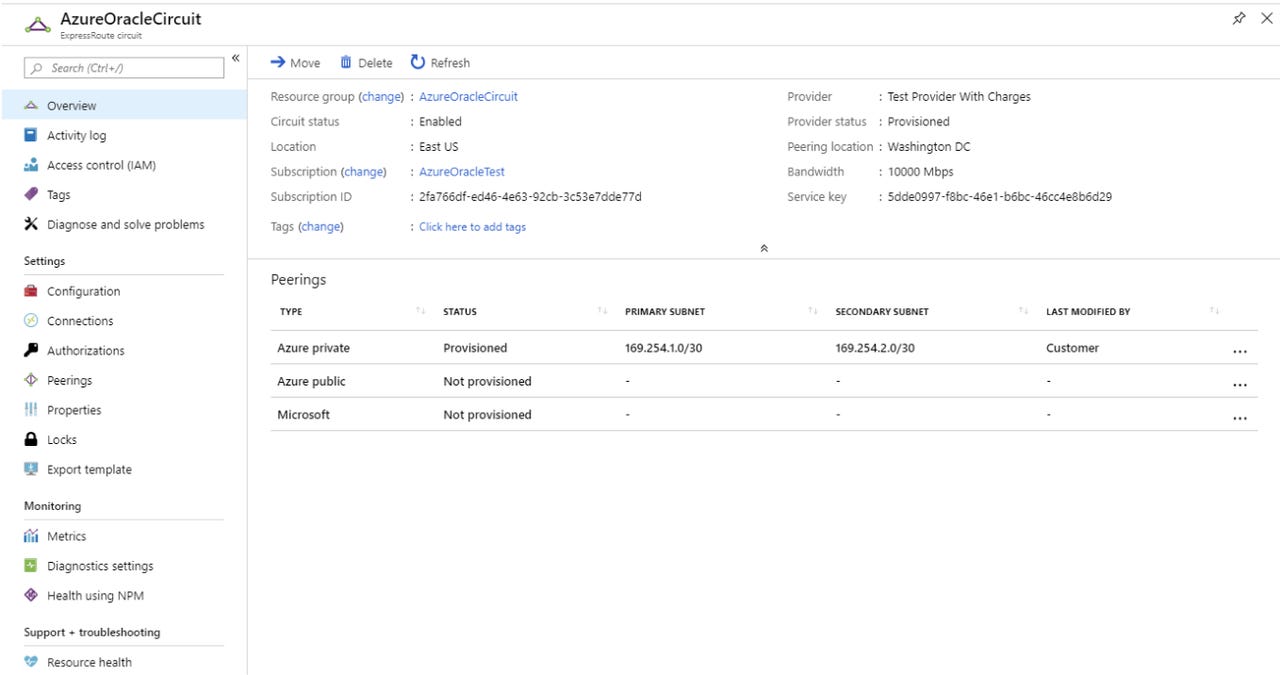Microsoft and Oracle forge cloud interoperability partnership


Oracle and Microsoft announced a new cloud alliance on Wednesday that will create direct network connectivity between Azure and Oracle Cloud.
More Microsoft
Oracle Cloud is primarily a software- and database-as-a-service provider. With Azure, Microsoft has a stack ranging from infrastructure to platform to applications for running a business.
The interoperability between the two clouds will enable joint customers to run enterprise workloads seamlessly across Azure and Oracle Cloud. Meanwhile, Azure services like analytics and AI can now connect to Oracle Cloud services such as Autonomous Database.
"The Oracle Cloud offers a complete suite of integrated applications for sales, service, marketing, human resources, finance, supply chain and manufacturing, plus highly automated and secure Generation 2 infrastructure featuring the Oracle Autonomous Database," said Don Johnson, EVP of Oracle Cloud Infrastructure (OCI), in Wednesday's announcement. "Oracle and Microsoft have served enterprise customer needs for decades. With this alliance, our joint customers can migrate their entire set of existing applications to the cloud without having to re-architect anything, preserving the large investments they have already made."
In addition to the interoperability for enterprises running Oracle software on Oracle Cloud and Microsoft software on Azure, the companies are also touting new scenarios like running Oracle E-Business Suite or Oracle JD Edwards on Azure against an Oracle Autonomous Database running on Exadata infrastructure in the Oracle Cloud. Finally, joint Microsoft and Oracle customers get single-sign on access, a noteworthy benefit from a simplicity point of view.
Looking at how this partnership shakes out for both Microsoft and Oracle, technology analyst Patrick Moorhead sees Azure as the biggest winner.
"Oracle has struggled to keep up with its cloud offerings and is hoping that by partnering with Azure it will reduce a segment of customers from fleeing its database and applications," Moorhead said. "Oracle gets to reduce a fair customer objection that its infrastructure was expensive, didn't scale wide enough and couldn't keep up technologically. Oracle had previously been up-charging customers on licenses if workloads didn't run on OCI but with Azure that is no longer the case. Customers can move their current Oracle licenses at current rates to Azure."
For now, the direct interconnect is available in Azure US East, with plans to expand to additional regions in the future.